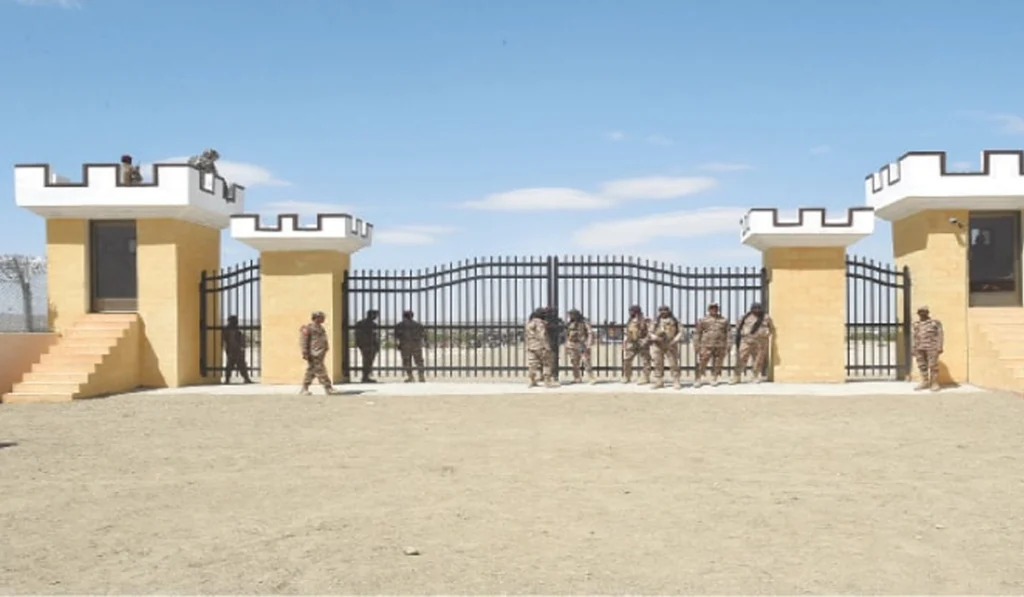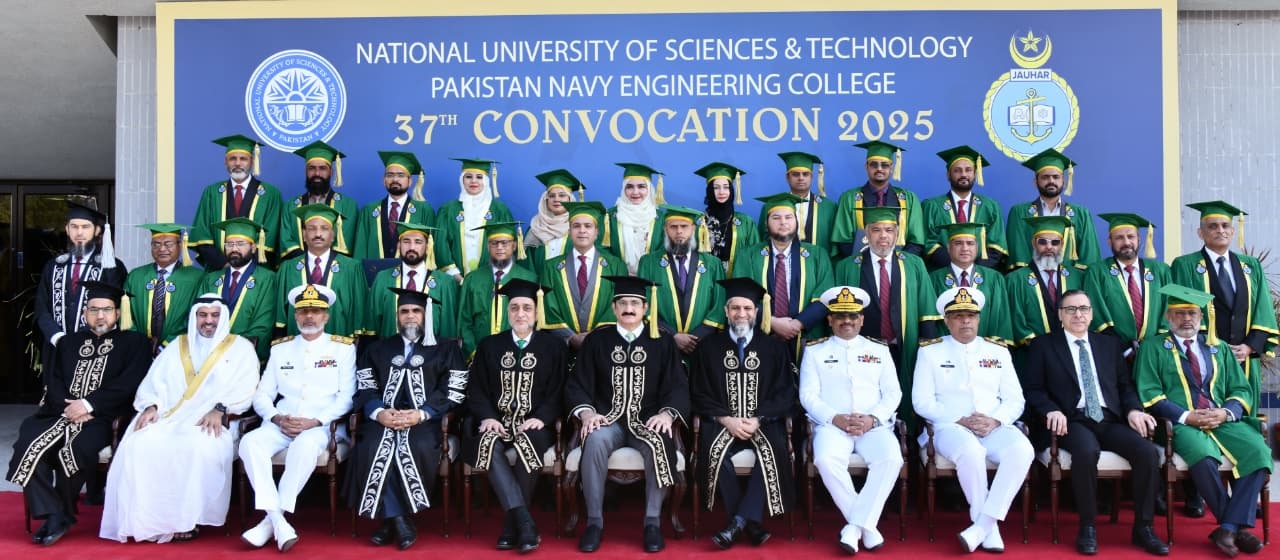
Pakistan
Pakistan Ready to Open Badini Border Crossing with Afghanistan, Senate Panel Told
ISLAMABAD: Pakistan is prepared to operationalise the Badini border crossing with Afghanistan as soon as road infrastructure leading to the site is improved, the Special Secretary of the Interior Ministry informed a Senate panel on Monday.
Briefing the Senate Standing Committee on Commerce, the official said the crossing — inaugurated in September 2020 — has remained non-functional due to dilapidated access roads, lack of basic facilities and insufficient cooperation from the Afghan side.
Badini border offers the shortest trade route for vehicles travelling from Karachi and Punjab to Afghanistan’s Ghazni province and Kabul.
The Commerce Secretary told the committee that the Interior Ministry had already cleared the opening of the border and was now awaiting input from the Foreign Office. He added that Customs would need approximately three months to complete its arrangements, while the Federal Investigation Agency (FIA) had already submitted a readiness report.
Read More
Pakistan, Malaysia Can ‘Bid Farewell to IMF Together’, Says PM Shehbaz
However, the special secretary pointed out that the main access road to the border was situated about 130 kilometres away, making full-scale operations unfeasible at present. He urged the Balochistan government to accelerate road upgrades so that the FIA could be deployed.
Committee Chairperson Anusha Rahman questioned whether the Afghan side had completed its development work. In response, officials reiterated that Pakistan was fully prepared from its end and awaited provincial coordination to proceed.
Earlier, senators criticised the Commerce Ministry for delays and lack of preparedness regarding both the opening of the Badini crossing and the issuance of a revised notification for barter trade with Iran.
The committee called for streamlined procedures, appointment of focal persons, and adoption of international best practices. It also directed authorities to review policies for reciprocal chambers of commerce, implement embassy-based verification in place of NOCs, and actively engage trade officers abroad to advance Pakistan’s commercial interests.








